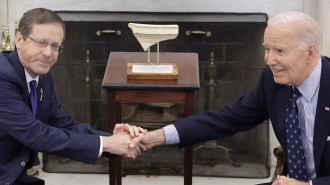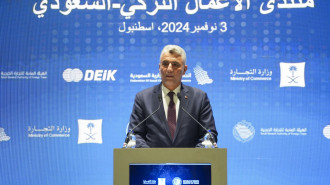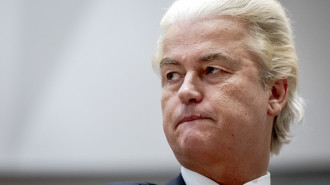Assad, Russia envoy discuss Syria constitutional committee
Syrian President Bashar al-Assad and an envoy from ally Russia on Sunday discussed "removing the obstacles" to forming a constitutional committee demanded by international powers to help end the seven-year war, the presidency said.
The leaders of Russia, rebel backer Turkey, Germany, and France last week in Istanbul called for the committee to be formed by the end of the year to discuss a post-war constitution, "paving the way for free and fair elections" in Syria.
On Sunday, Assad held talks with Russian envoy Alexander Lavrentiev on "forming the committee to discuss the current constitution", the presidency said in a statement.
They agreed "to continue joint Syrian-Russian work towards removing the obstacles still in the way of forming this committee", it said.
A Turkish-Russian deal for Syria's last major rebel bastion of Idlib has revived a push towards a diplomatic solution to the country's conflict, with international efforts focused on setting up the 150-member committee.
Under a UN plan, the regime would choose 50 of the committee members, the Syrian opposition another 50 and the UN would nominate the final 50, composed of representatives of civil society and technical experts.
But last week, Damascus rejected a UN list presented by the world body's outgoing envoy to Syria Staffan de Mistura.
Instead, the Damascus regime is to draw up its own list, along with Russia, Iran and Turkey, according to de Mistura, who is set to step down at the end of the month.
Even if the committee is formed, analysts say the task of discussing a post-war constitution will be difficult.
The opposition has pushed for an entirely new constitution, but the regime has said it will only discuss altering the current one.
Assad's forces have notched up a series of victories against rebels and jihadists since Russia intervened militarily on its side in 2015, and now control almost two-thirds of the country.
Syria's war has killed more than 360,000 people and displaced millions since the war broke out in 2011 with the brutal repression of anti-government protests.







 Follow the Middle East's top stories in English at The New Arab on Google News
Follow the Middle East's top stories in English at The New Arab on Google News


